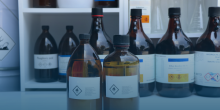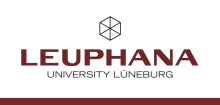Chemistry and Chemical Education as a Bridge to Peace
Chemistry and chemical education can be important tools to advance the peace process, especially in the Middle East. The Middle East is a region in conflict for many years. This part of the world is of particular importance because it has a source of energy that is a strategic resource: fossil fuel. This nonrenewable source of energy not only fuels economic and political conflicts, but its worldwide use also places at risk the sustainability of life on Planet Earth, by polluting the environment and contributing to climate change.





